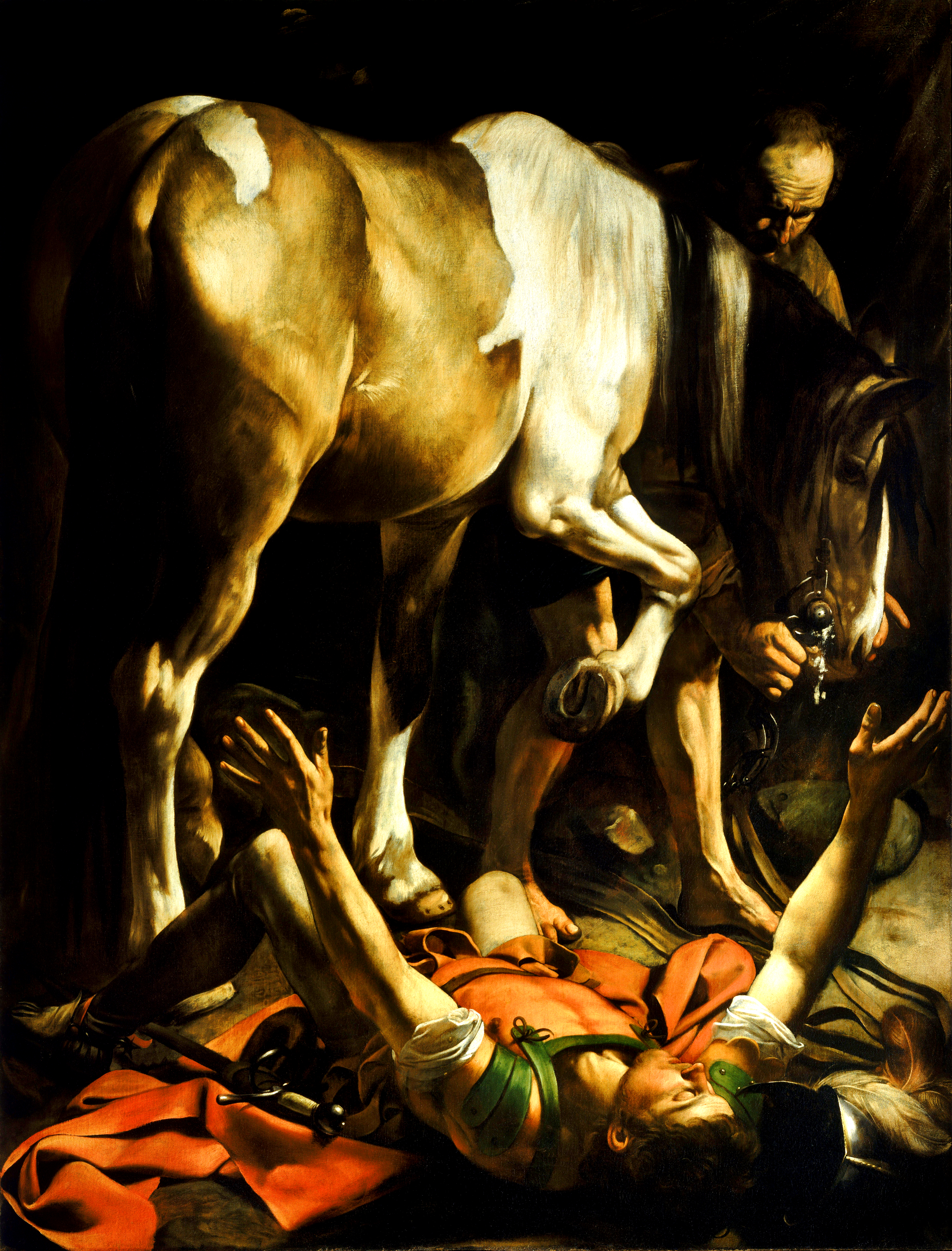Despite the fact that I have always loved the season of Advent, and despite the fact that this year Advent in my life has all the characteristics of waiting, I don't feel at all ready to hear, much less live, the message of Advent. It makes me a little sad how frigid (well, the weather doesn't help) my attitude has been this advent. The birth of Christ, lovingly awaited by thousands of faithful, seems more than a million miles away from me. Even as I helped to put up several Christmas crib scenes around the residence, I wish, I just wish, I could feel a little more enthusiastic, more affectionate, more recollected, to welcome this great mystery of the God who was made man and dwelt amongst us.
For 'cultural' Catholics, this would be easy to identify with. After all, they have grown up surrounded by the myth, (but not quite the mystery) of Christmas, ever since they could remember. All that gifts and warm fire and general atmosphere of festivities may be all Christmas means for many. I count myself amongst them, although neither my family is culturally Catholic nor am I a cradle Catholic.
This year I have the unusual privilege of having nearly two weeks of 'relatively free' time to think (and prepare) about what Christmas means, or should mean.
Struggling to get back 'on track', I tried to imagine being on 'the other side', being the One who is coming to a people who has kind of forgotten him, or is growing tired of waiting for him. How suitably post-modern it is to try to understand a situation from the 'other' point of view.. well. Anyway, as I was saying, I read and prayed, and those exhortations to get prepared, to get ready to welcome God made man, God-made-child, could not lift me up through the thick stupor of routine.
But just imagine: how it'd be like for you, if you were the one waiting to be born, waiting to enter into time, waiting to walk amongst us, His ungrateful creatures, waiting to save us, since... since the beginning of mankind, since the fall of our first parents. Talk about waiting! Our 4-week long advent, or even a lifetime of waiting, is nothing, compared to the thousands of years (millions or trillions, if you are an ID-and-evolutionist like me) that He has been waiting to come into our lives.
Imagine His enthusiasm, His joy, and most humbling of all, His need, to be with us. As omnipotent God who made everything out of nothing, it is unimaginable, inconceivable (indeed, a folly to the Greeks and a stumbling block to the Jews), that God would 'lower' Himself to save creatures who sadly, do not always recognize Him and even when they do, do not always reciprocate, nor even appreciate, the magnitude of this gesture of love. It is mind-boggling, to think that, God's gesture to us almost says "I need you, I want your love", when it is us who should be saying all that to the One who brought us to existence. And He did come, two thousand years ago, and since then, waiting to come anew into our lives, every Christmas.
How fitting it is that December is filled with various feasts of Mary; from the 8th, her Immaculate Conception, to 10th, Our Lady of Loreto, to the 12th, Our Lady of Guadalupe. She knew all about waiting for the One. She knew He has waited much longer, with much more longing, than she, or anyone else, had.
Well. This is my short reflection this Advent. This has helped me a lot; this Christmas, I am going to try to be a little bit more conscious of this wonderfully stupefying fact, that God has waited for me first. May this Advent bring you truly closer to Christ.

 After last month's retreat, which took place on the days during which we celebrated the conversion of St Paul, I have been eager to read about conversions to the Christian faith. I am currently reading two books, "The Road to Damascus" a collection of conversion stories compiled by John O'Brien, and another one,
After last month's retreat, which took place on the days during which we celebrated the conversion of St Paul, I have been eager to read about conversions to the Christian faith. I am currently reading two books, "The Road to Damascus" a collection of conversion stories compiled by John O'Brien, and another one, 

